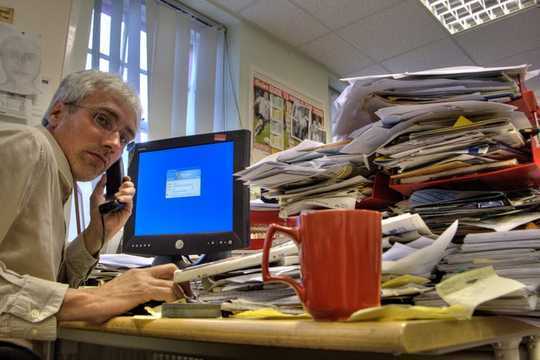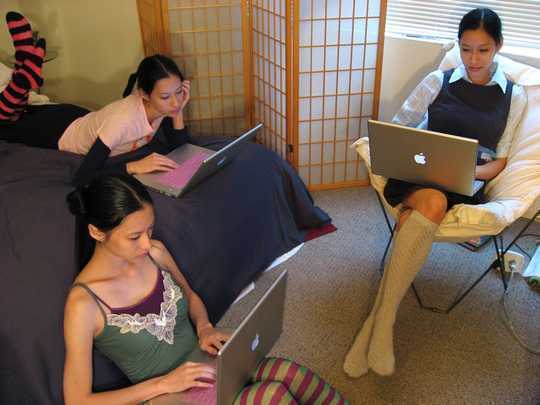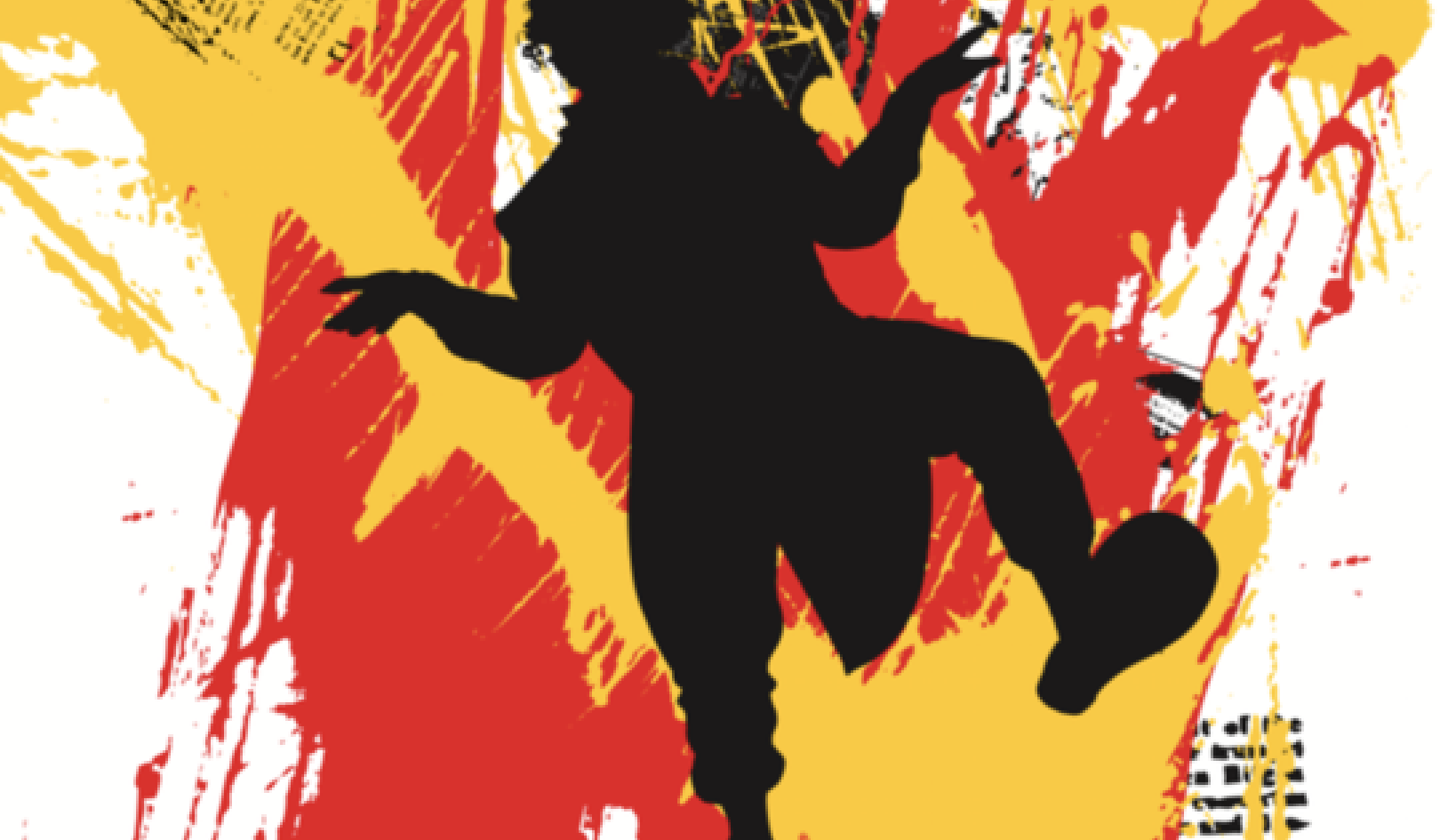
How you feel at work directly affects how you feel about work during leisure time. Alan Cleaver
Australians are busy at work. We report very high levels of intensive working compared to other industrialised countries.
And while it’s difficult to fully disconnect from work as we head home for the day, a paper published in December 2013 in the journal PLOS ONE provides some insight into how our personal thinking styles and values can affect how well we manage the stress of work interruptions, and think about work during leisure time.
Most of us work with other people – colleagues, supervisors, clients, customers – and this means that we are often interrupted when doing our work. Email, for example, is a major cause of work interruptions.
With high pressure and demanding work becoming the typical daily experience of many workers, there is a clear need for research on how individuals can survive and thrive in such demanding work environments.
Today’s PLOS ONE study suggests that by training ourselves to change the way we view and respond to work interruptions, we may be able to reduce our levels of stress and fatigue both at work and in our personal or leisure time.
The study says …
The study involved 300 white-collar full-time employees from the private business sector, including managers, executives and other professionals. They found complex relationships among a range of beliefs, values and styles of thinking about work.

Don’t dwell on it – it’s time to get efficient. Adam Foster | Codefor
Workers who prioritised efficient use of time while at work, and were able to view work interruptions as positive and constructive (such as providing a welcome break or reducing boredom), were less likely to spend their leisure time thinking about work-related problems, and were able to “switch off” from work.
Recognising and valuing the importance of leisure time also helped workers to “switch off” when not at work. This capacity to detach or “switch off” has been shown in other studies to be important for rest and recovery, which is crucial for sustaining health and well-being in the long-term.
So how do I stress less?
The researchers suggest a number of strategies that individuals and organisations could use to better support workers’ capacity to deal positively with work interruptions, and to improve rest and recovery after work.
Organisations could provide training in time and task management, including assertiveness training with regard to managing interruptions.
Organisations can also play a role in reducing work intensification and the spillover of work tasks and communication into leisure time. The authors of the study suggest that organisations establish periods of employee unavailability. Email communications could be limited to daytime hours (not evenings!) and weekdays.

Work and leisure time often overlap. miss karen
Managerial and executive roles present more challenges with regard to managing the boundary between work and non-work time. One strategy worth trying is to set periods of time when particular individuals are unavailable and not expected to respond to work communications or engage in work tasks (such as rostered evenings and weekends of non-availability).
Finally, the authors recommend that individuals recognise the value of leisure and relaxation for their mental and physical health, and general well-being. They suggest individuals proactively organise some leisure activities that give them satisfaction and enjoyment, to ensure a good balance between work and non-work life activities.
In general, the research on rest and recovery reminds us that working life, and life in general, is a marathon, not a sprint.
We need to pace ourselves, and look after our health and well-being, to sustain our capacity to work well in jobs that are often demanding of our time and energy.
This means both building our skills in coping with work demands, but also recognising and valuing the quality of our family and leisure time away from work.![]()
About the Author
Natalie Skinner, Senior Research Fellow in wellbeing at work, University of South Australia
This article is republished from The Conversation under a Creative Commons license. Read the original article.

Related Books:
The Four Agreements: A Practical Guide to Personal Freedom (A Toltec Wisdom Book)
by Don Miguel Ruiz
This book offers a guide to personal freedom and happiness, drawing on ancient Toltec wisdom and spiritual principles.
Click for more info or to order
The Untethered Soul: The Journey Beyond Yourself
by Michael A. Singer
This book offers a guide to spiritual growth and happiness, drawing on mindfulness practices and insights from Eastern and Western spiritual traditions.
Click for more info or to order
The Gifts of Imperfection: Let Go of Who You Think You're Supposed to Be and Embrace Who You Are
by Brené Brown
This book offers a guide to self-acceptance and happiness, drawing on personal experiences, research, and insights from social psychology and spirituality.
Click for more info or to order
The Subtle Art of Not Giving a F*ck: A Counterintuitive Approach to Living a Good Life
by Mark Manson
This book offers a refreshing and humorous approach to happiness, emphasizing the importance of accepting and embracing life's inevitable challenges and uncertainties.
Click for more info or to order
The Happiness Advantage: How a Positive Brain Fuels Success in Work and Life
by Shawn Achor
This book offers a guide to happiness and success, drawing on scientific research and practical strategies for cultivating a positive mindset and behavior.
























